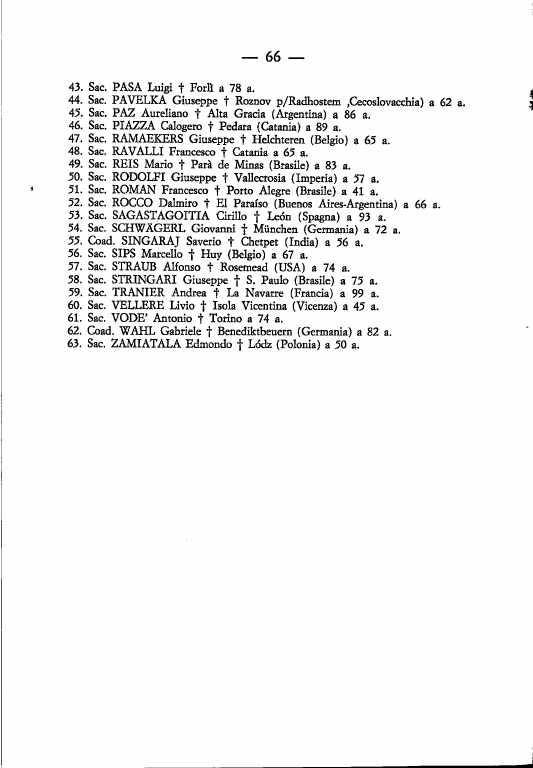 |
AGCRM290 |
 |
1 Pages 1-10 |
▲back to top |
 |
1.1 Page 1 |
▲back to top |

 |
1.2 Page 2 |
▲back to top |

 |
1.3 Page 3 |
▲back to top |

 |
1.4 Page 4 |
▲back to top |

 |
1.5 Page 5 |
▲back to top |

 |
1.6 Page 6 |
▲back to top |

 |
1.7 Page 7 |
▲back to top |

 |
1.8 Page 8 |
▲back to top |

 |
1.9 Page 9 |
▲back to top |

 |
1.10 Page 10 |
▲back to top |

 |
2 Pages 11-20 |
▲back to top |
 |
2.1 Page 11 |
▲back to top |

 |
2.2 Page 12 |
▲back to top |

 |
2.3 Page 13 |
▲back to top |

 |
2.4 Page 14 |
▲back to top |

 |
2.5 Page 15 |
▲back to top |

 |
2.6 Page 16 |
▲back to top |

 |
2.7 Page 17 |
▲back to top |

 |
2.8 Page 18 |
▲back to top |

 |
2.9 Page 19 |
▲back to top |
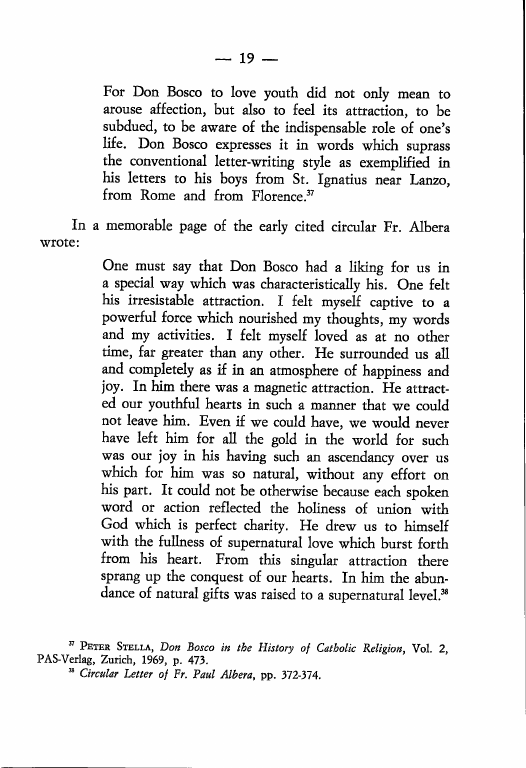
 |
2.10 Page 20 |
▲back to top |
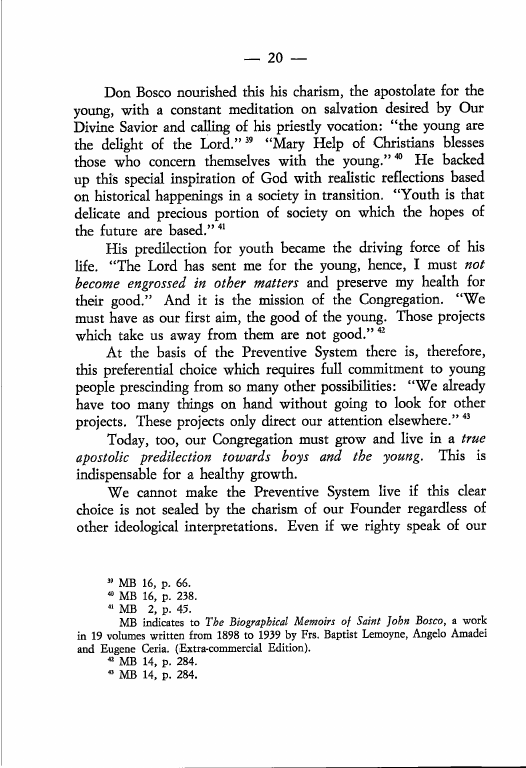
 |
3 Pages 21-30 |
▲back to top |
 |
3.1 Page 21 |
▲back to top |
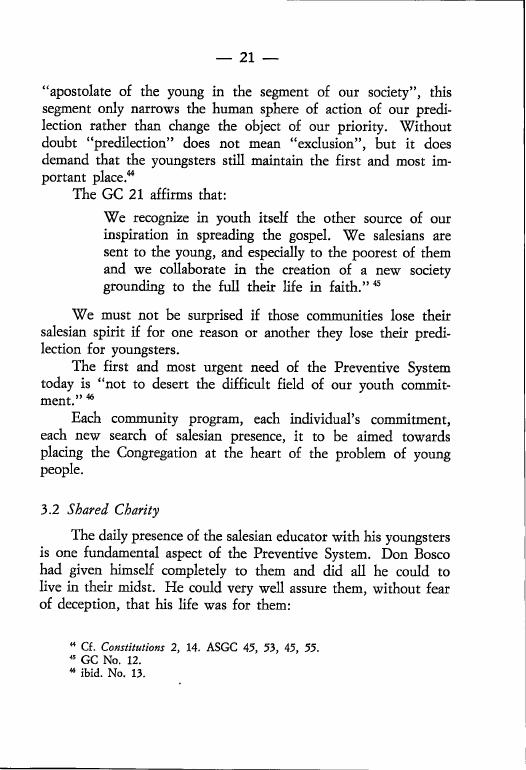
 |
3.2 Page 22 |
▲back to top |

 |
3.3 Page 23 |
▲back to top |
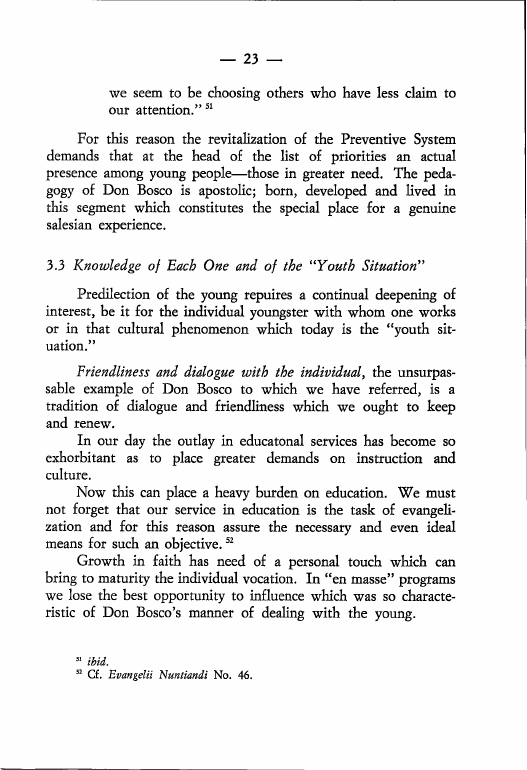
 |
3.4 Page 24 |
▲back to top |
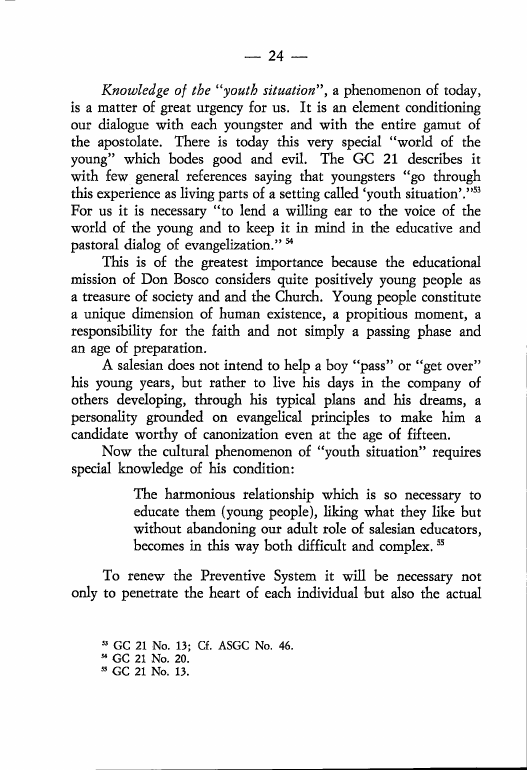
 |
3.5 Page 25 |
▲back to top |

 |
3.6 Page 26 |
▲back to top |
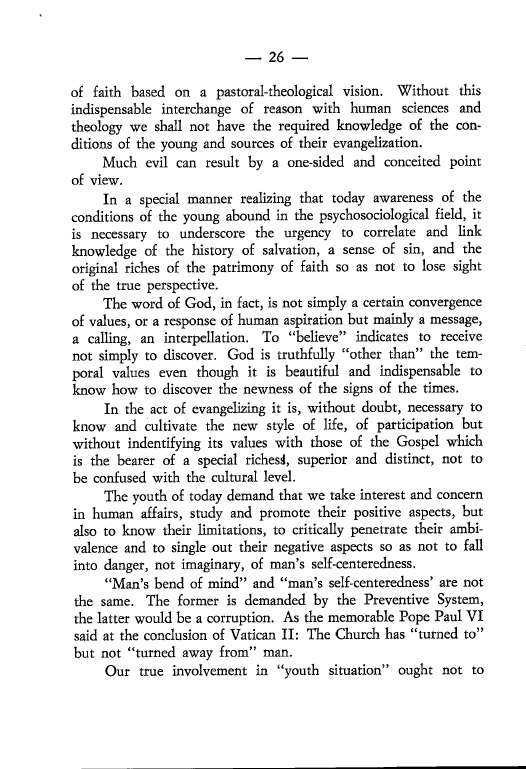
 |
3.7 Page 27 |
▲back to top |
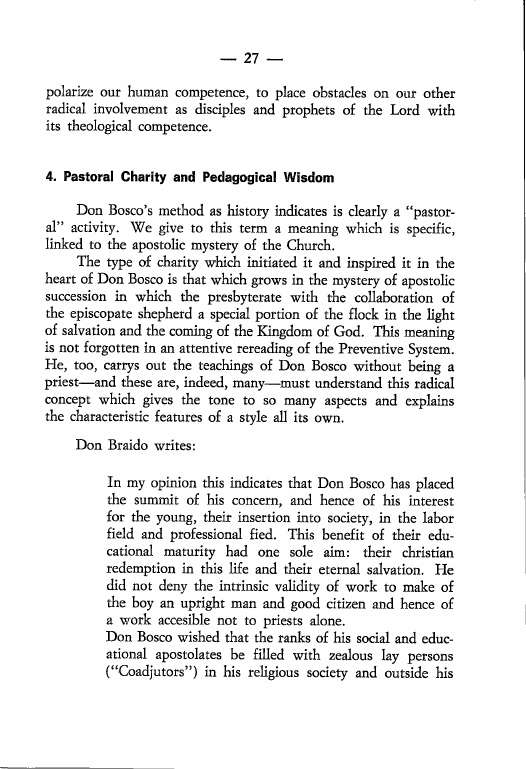
 |
3.8 Page 28 |
▲back to top |
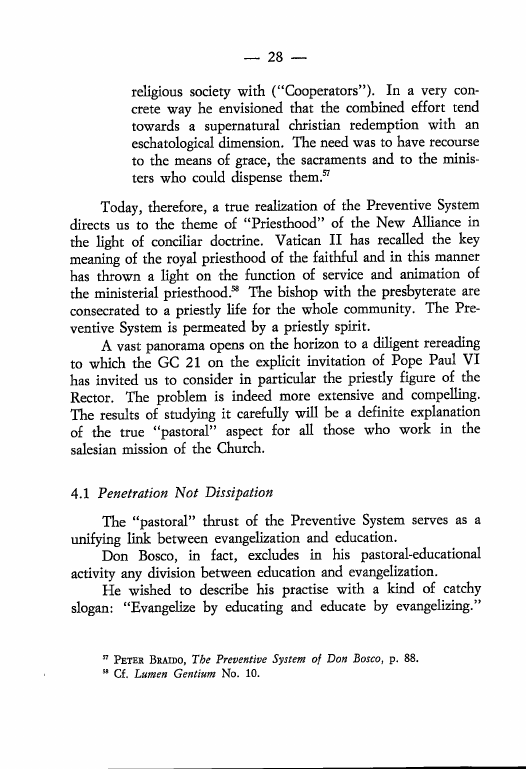
 |
3.9 Page 29 |
▲back to top |
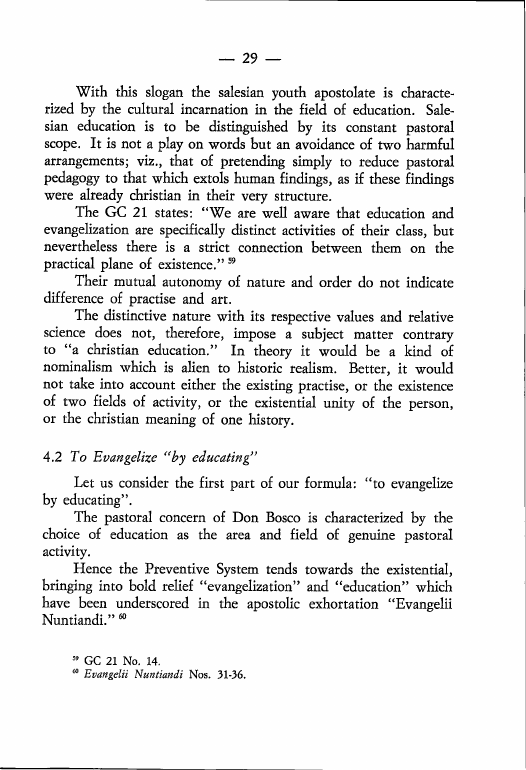
 |
3.10 Page 30 |
▲back to top |
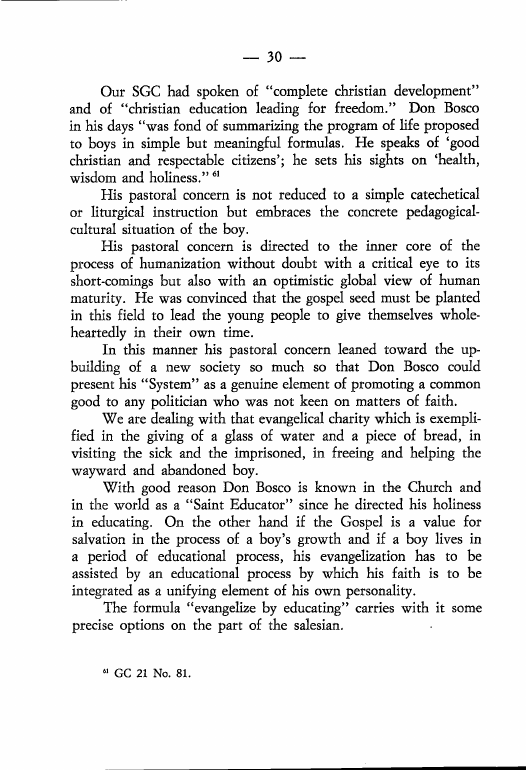
 |
4 Pages 31-40 |
▲back to top |
 |
4.1 Page 31 |
▲back to top |
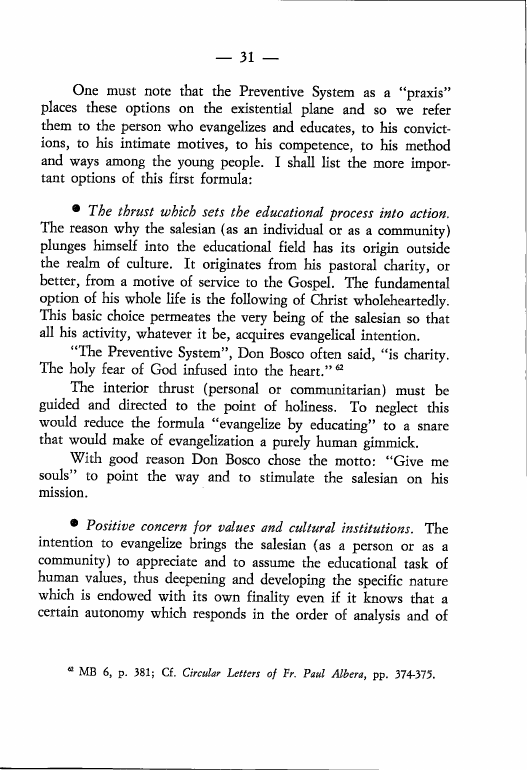
 |
4.2 Page 32 |
▲back to top |
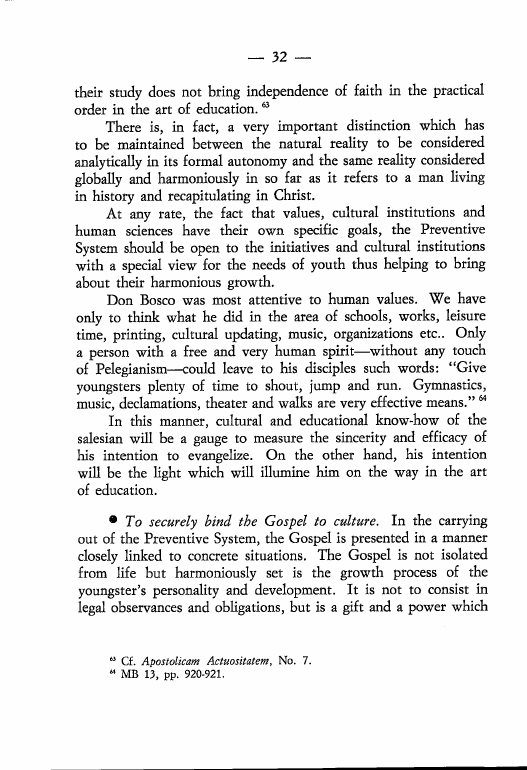
 |
4.3 Page 33 |
▲back to top |
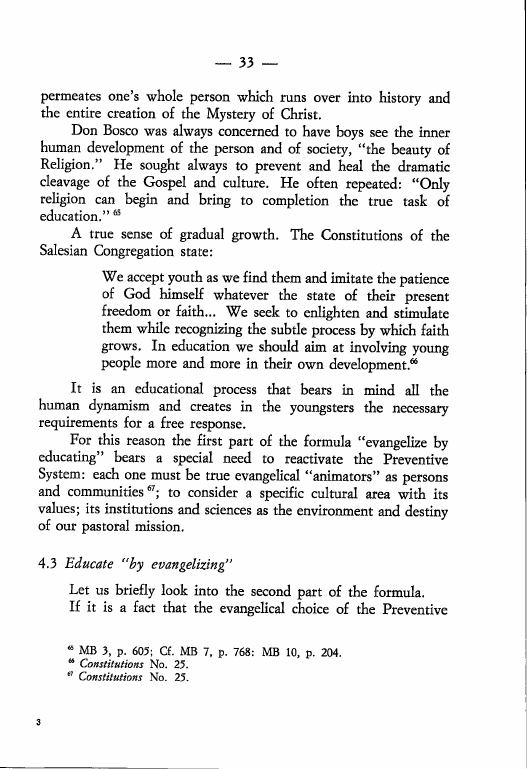
 |
4.4 Page 34 |
▲back to top |
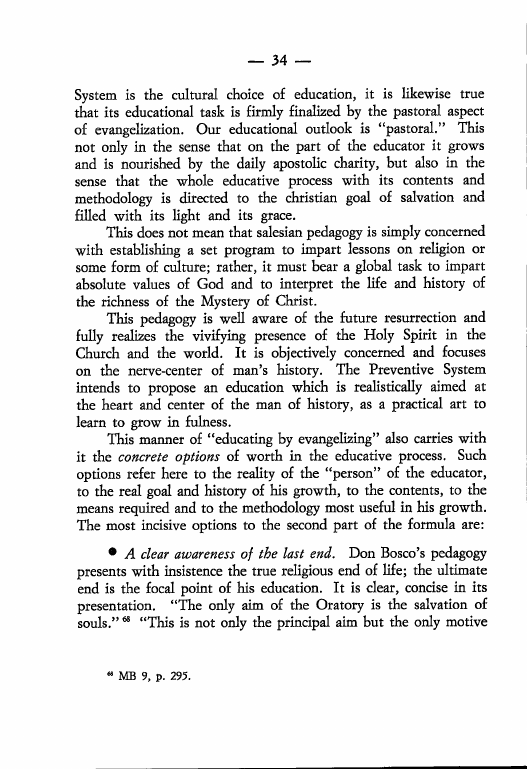
 |
4.5 Page 35 |
▲back to top |
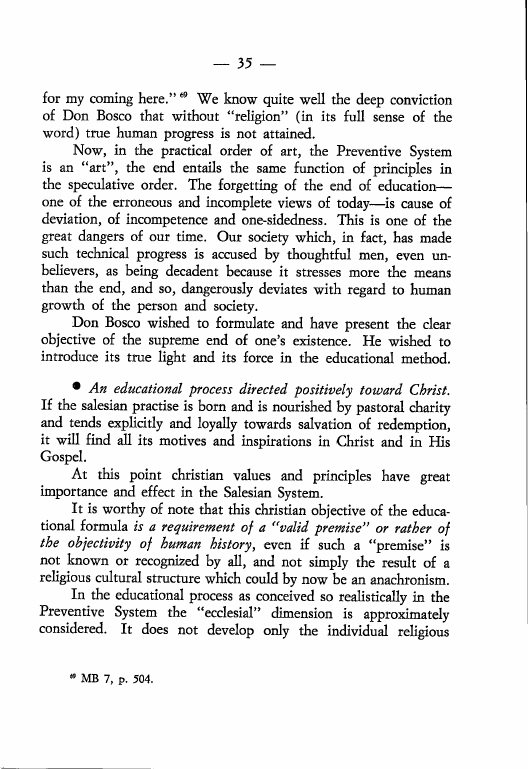
 |
4.6 Page 36 |
▲back to top |
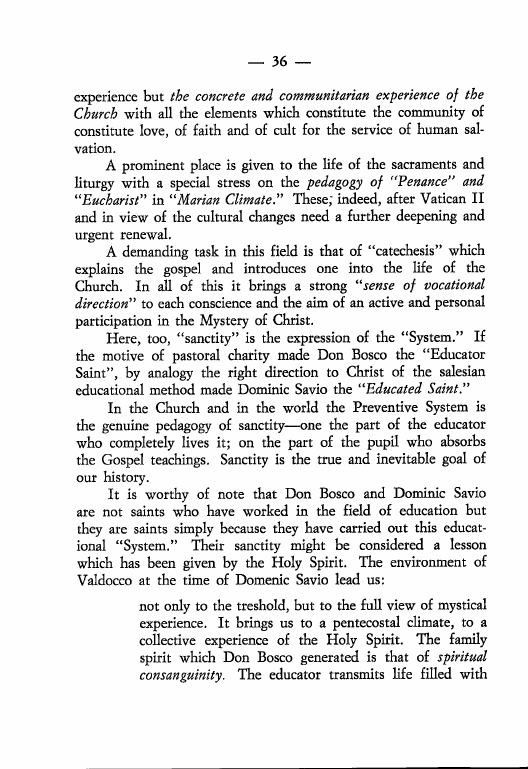
 |
4.7 Page 37 |
▲back to top |
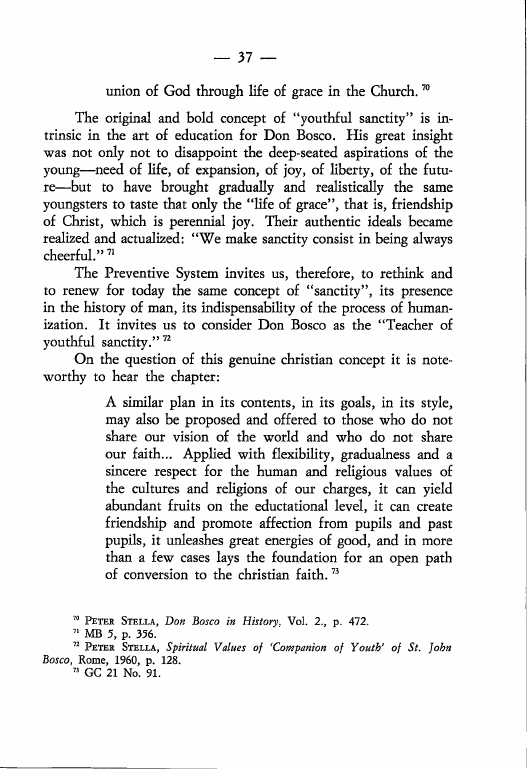
 |
4.8 Page 38 |
▲back to top |
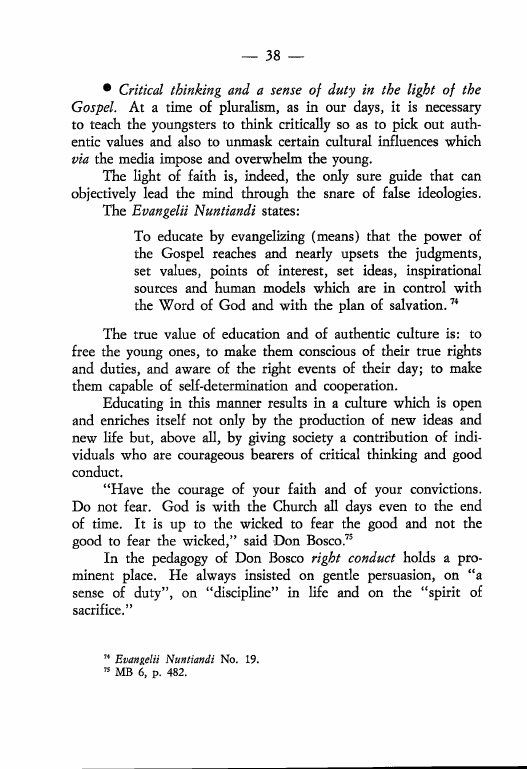
 |
4.9 Page 39 |
▲back to top |
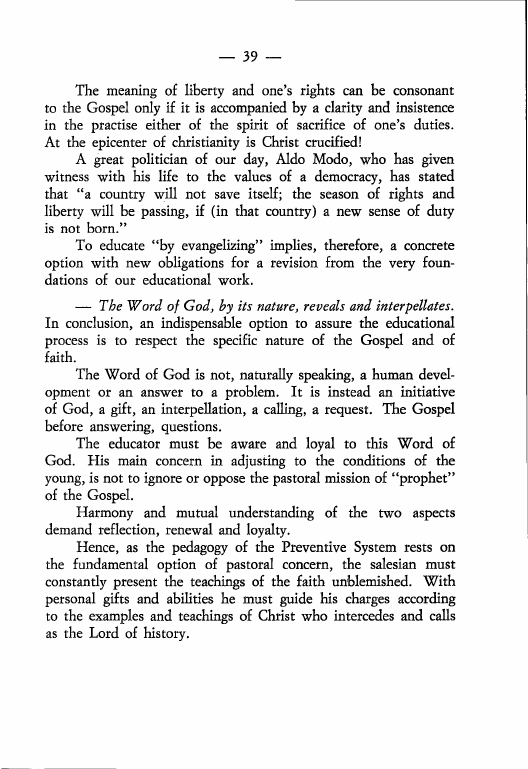
 |
4.10 Page 40 |
▲back to top |
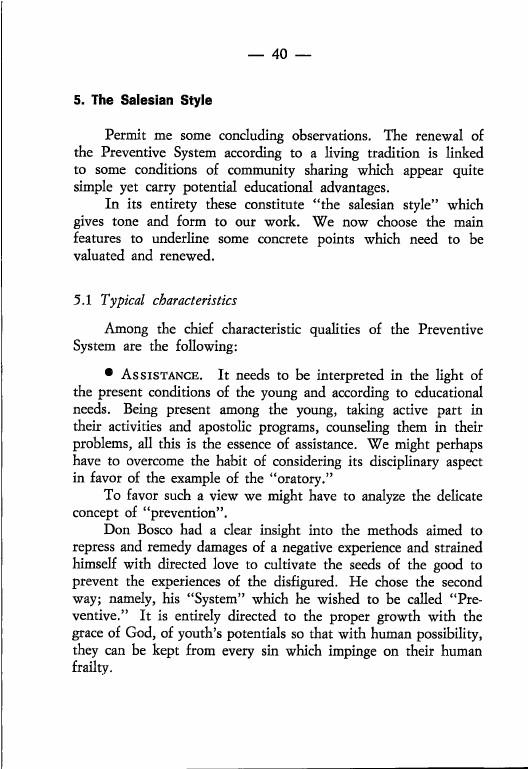
 |
5 Pages 41-50 |
▲back to top |
 |
5.1 Page 41 |
▲back to top |
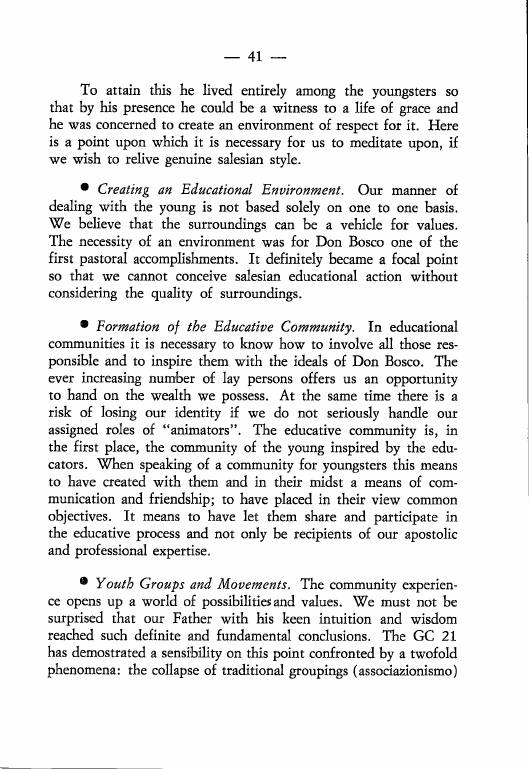
 |
5.2 Page 42 |
▲back to top |
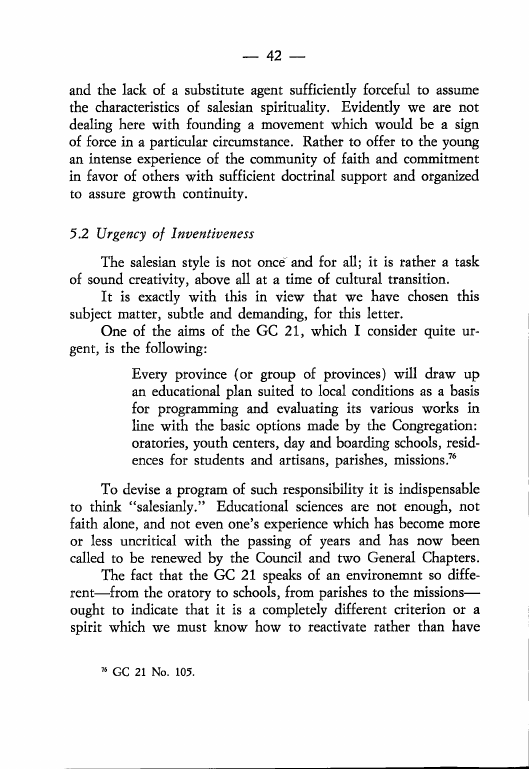
 |
5.3 Page 43 |
▲back to top |
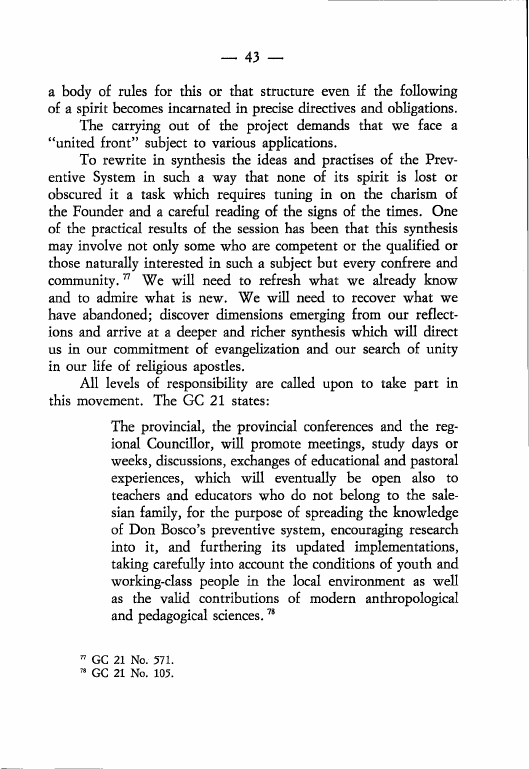
 |
5.4 Page 44 |
▲back to top |
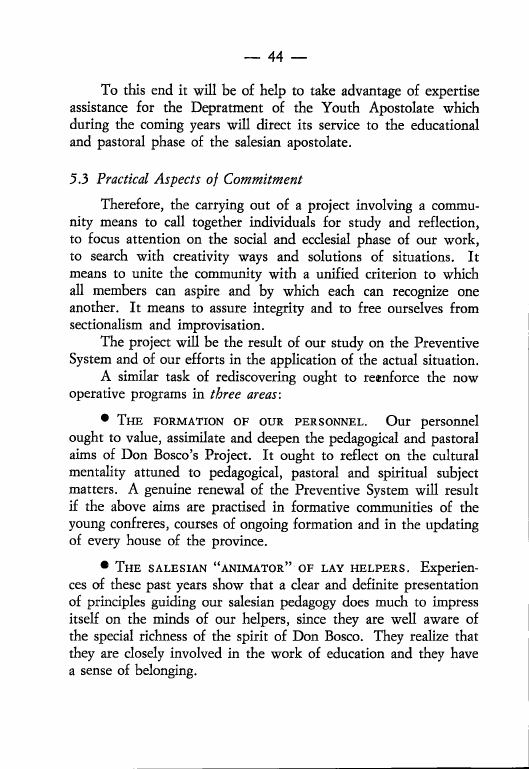
 |
5.5 Page 45 |
▲back to top |
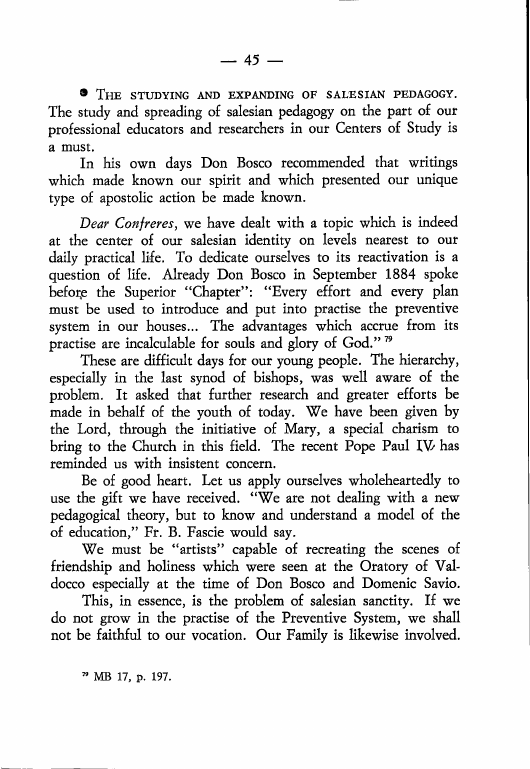
 |
5.6 Page 46 |
▲back to top |
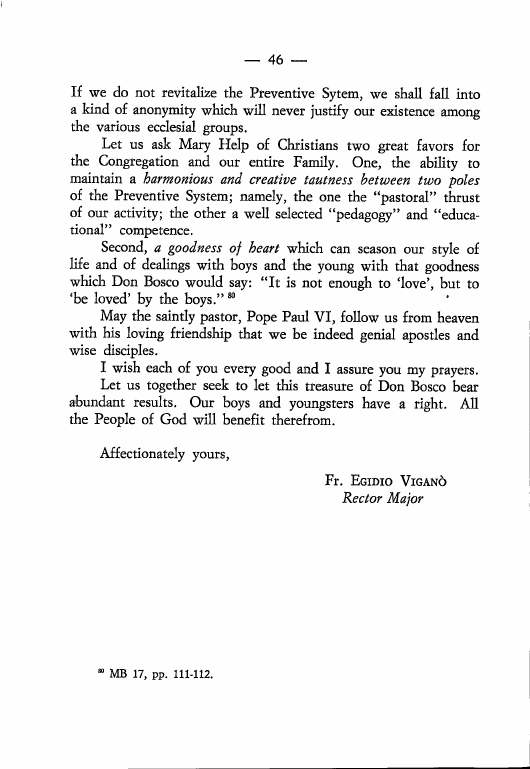
 |
5.7 Page 47 |
▲back to top |
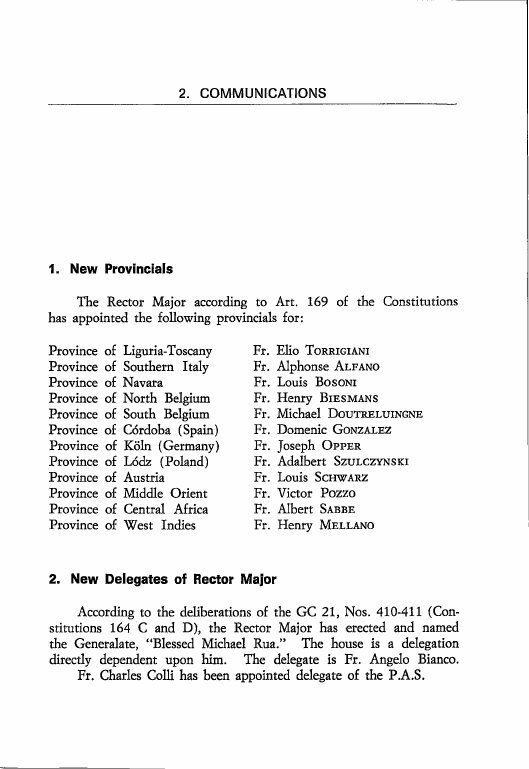
 |
5.8 Page 48 |
▲back to top |
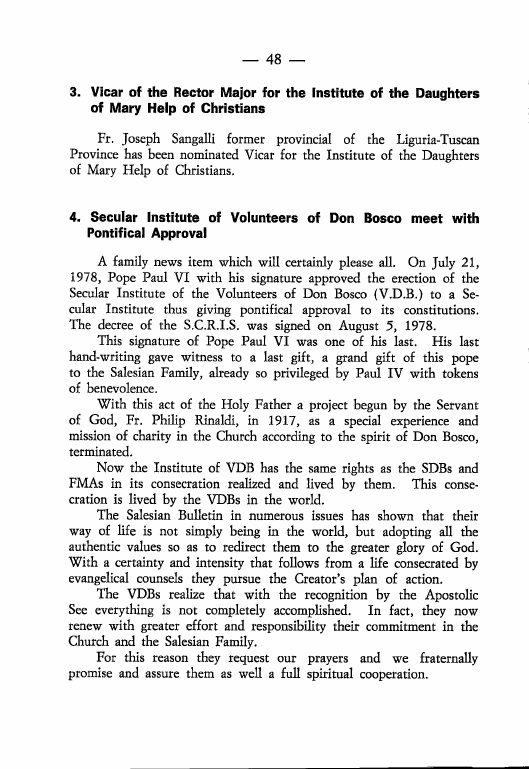
 |
5.9 Page 49 |
▲back to top |
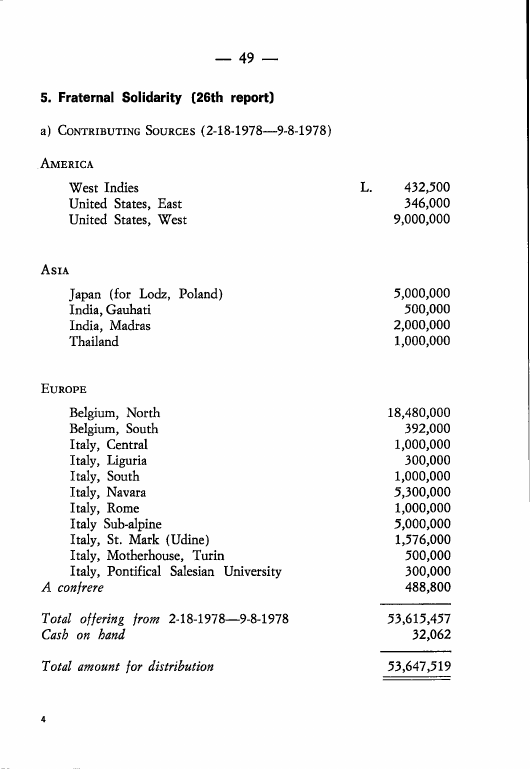
 |
5.10 Page 50 |
▲back to top |
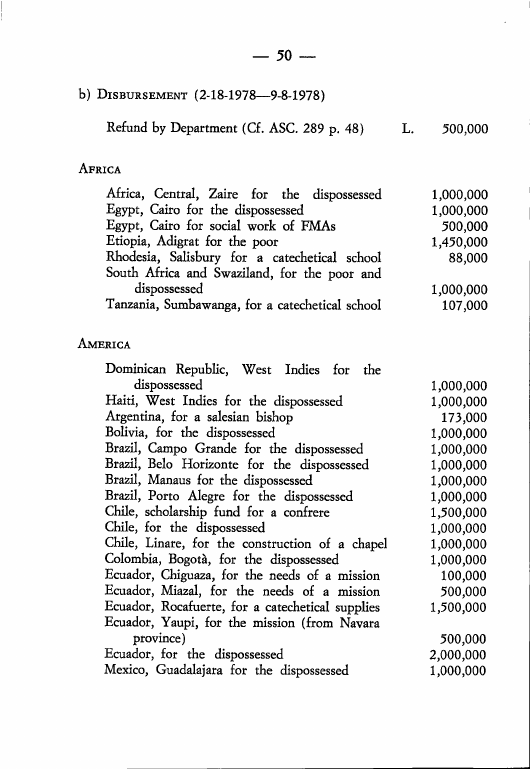
 |
6 Pages 51-60 |
▲back to top |
 |
6.1 Page 51 |
▲back to top |
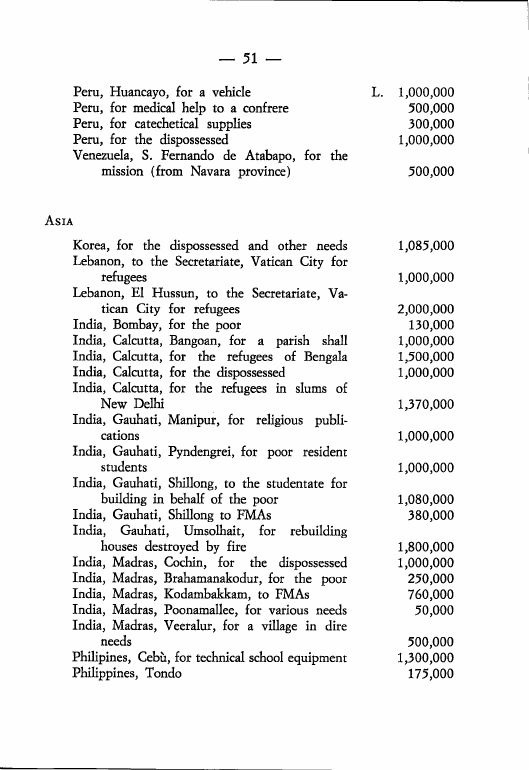
 |
6.2 Page 52 |
▲back to top |
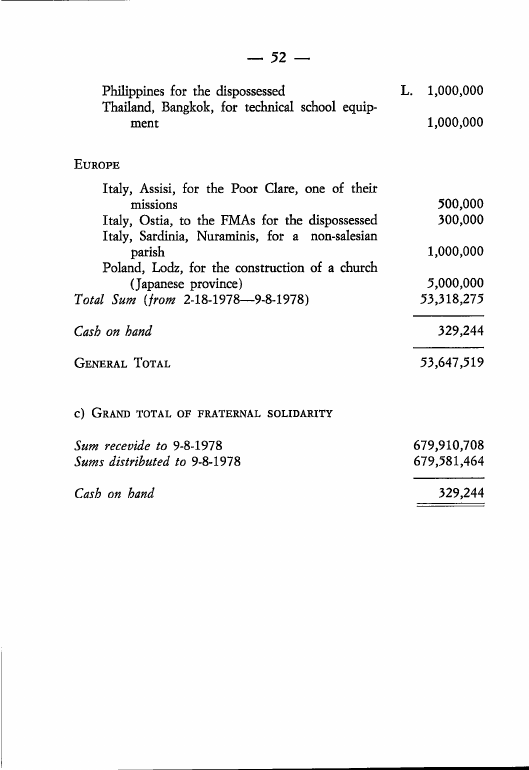
 |
6.3 Page 53 |
▲back to top |
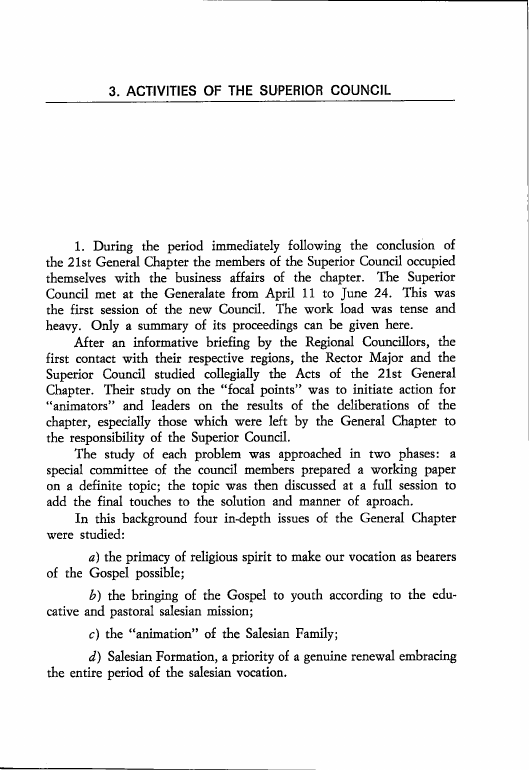
 |
6.4 Page 54 |
▲back to top |
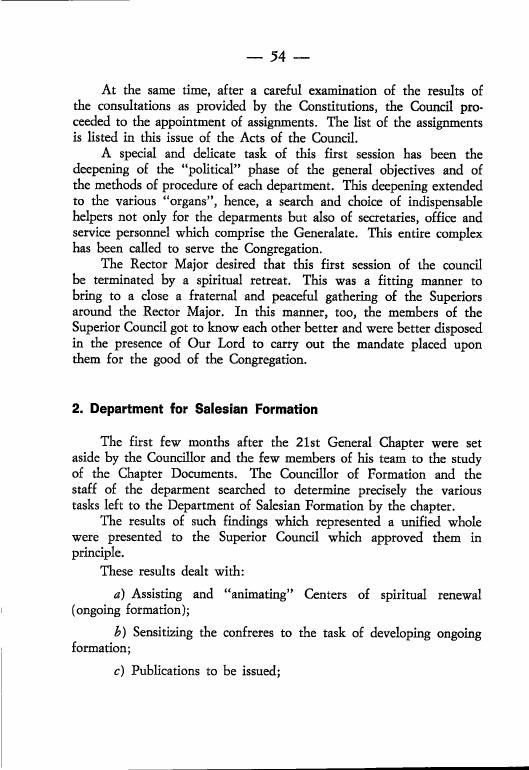
 |
6.5 Page 55 |
▲back to top |
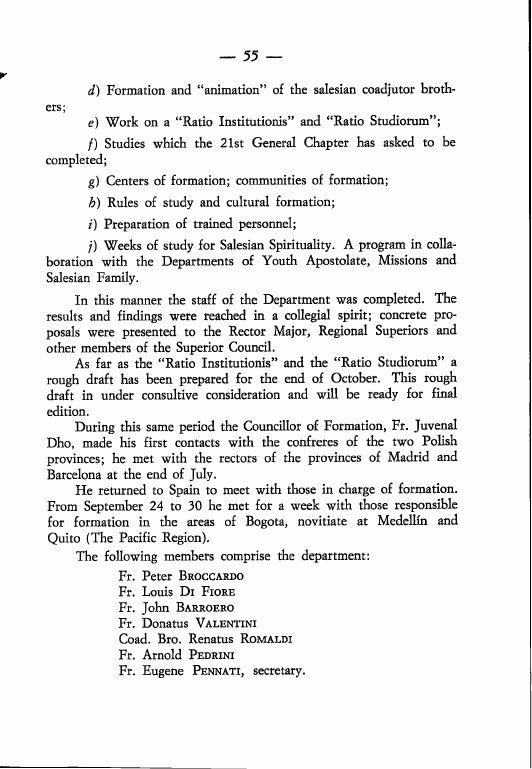
 |
6.6 Page 56 |
▲back to top |
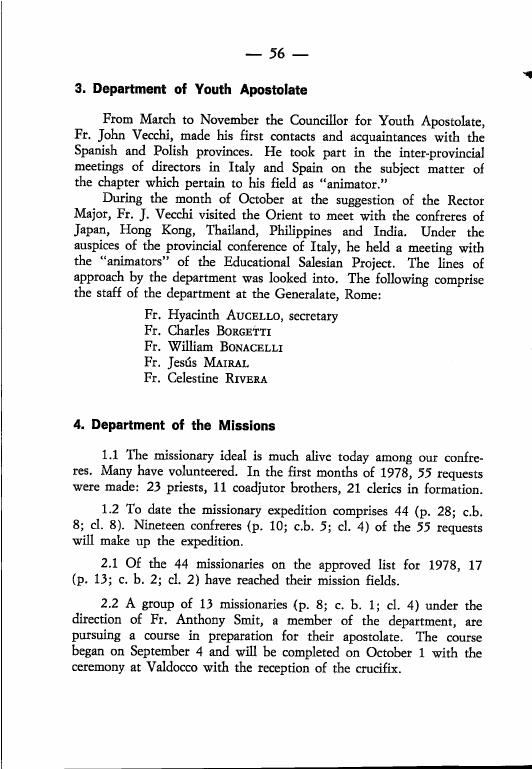
 |
6.7 Page 57 |
▲back to top |
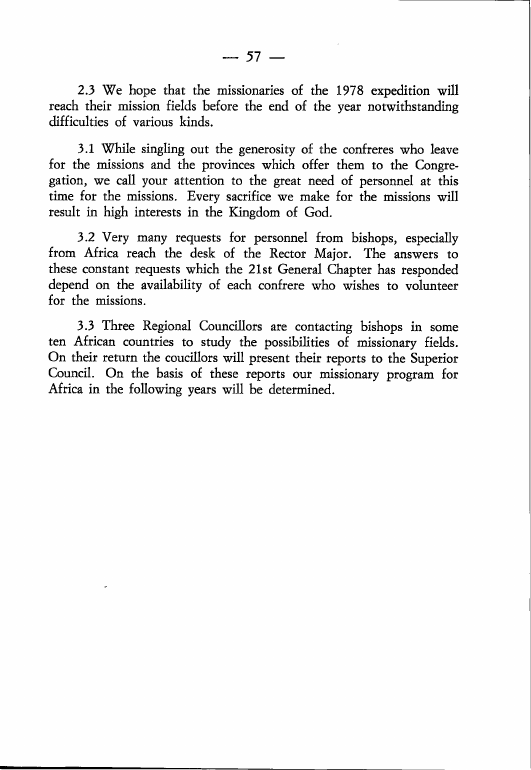
 |
6.8 Page 58 |
▲back to top |

 |
6.9 Page 59 |
▲back to top |
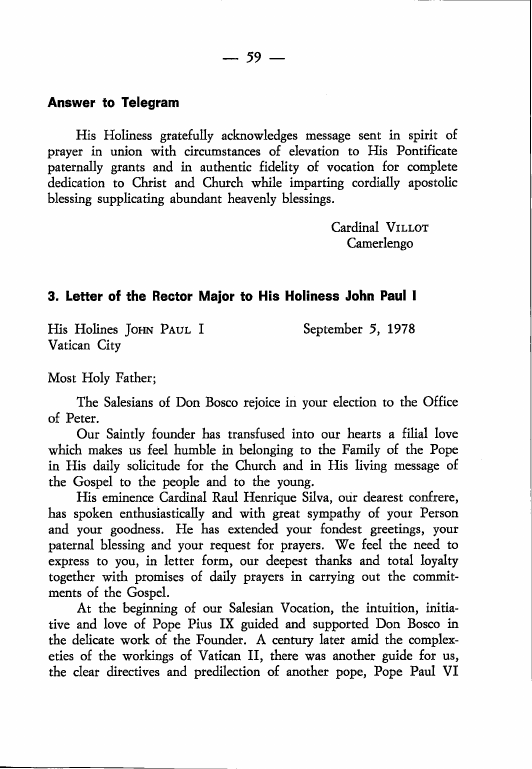
 |
6.10 Page 60 |
▲back to top |
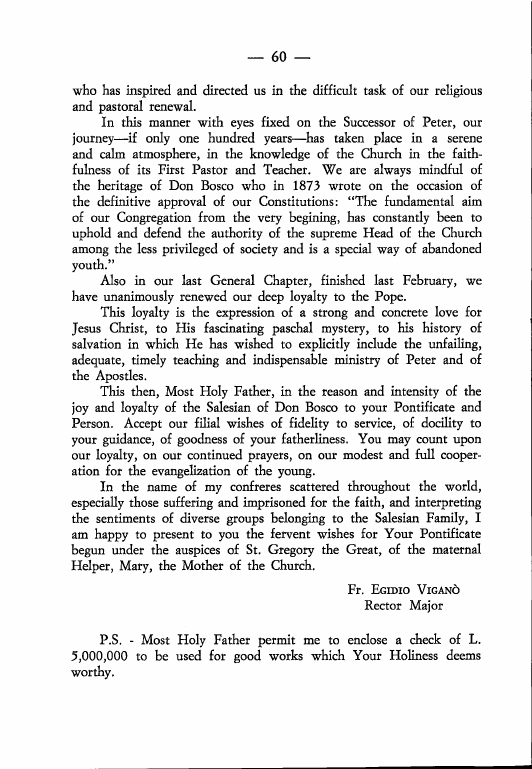
 |
7 Pages 61-70 |
▲back to top |
 |
7.1 Page 61 |
▲back to top |
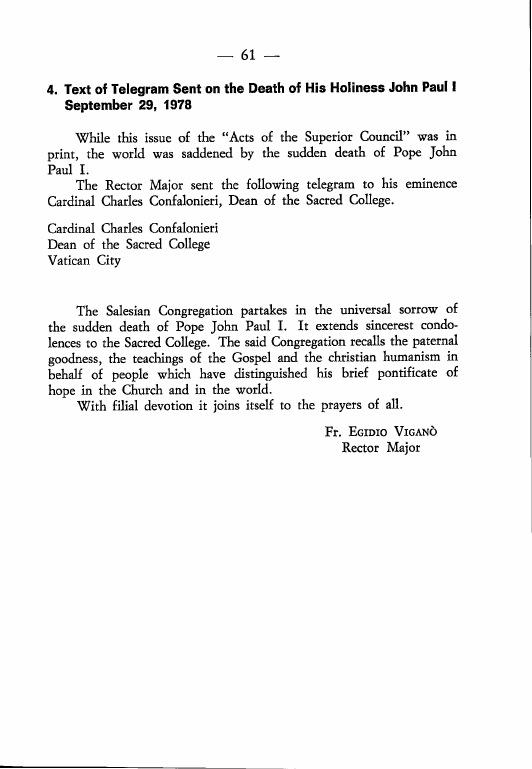
 |
7.2 Page 62 |
▲back to top |
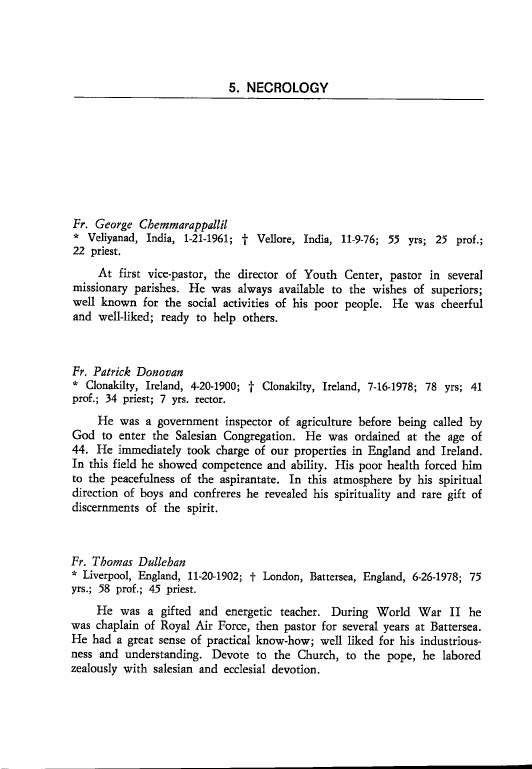
 |
7.3 Page 63 |
▲back to top |
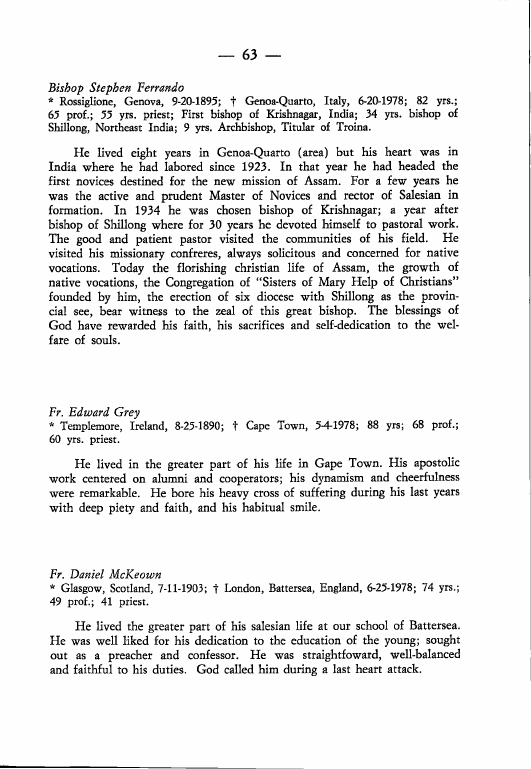
 |
7.4 Page 64 |
▲back to top |
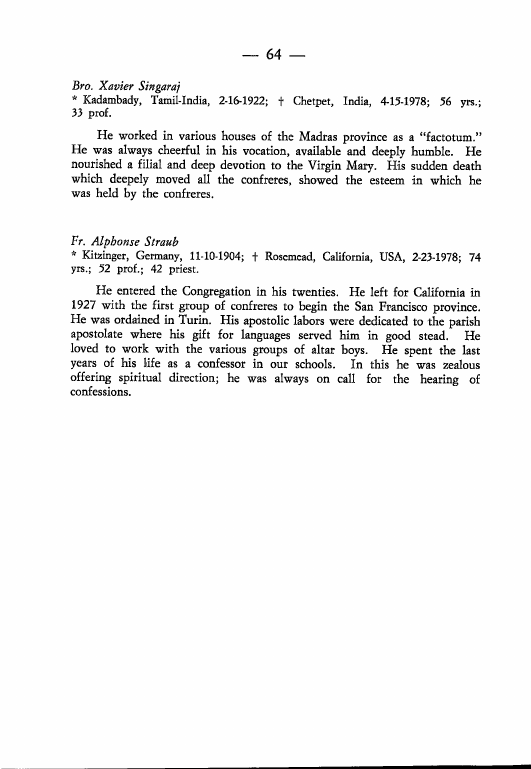
 |
7.5 Page 65 |
▲back to top |
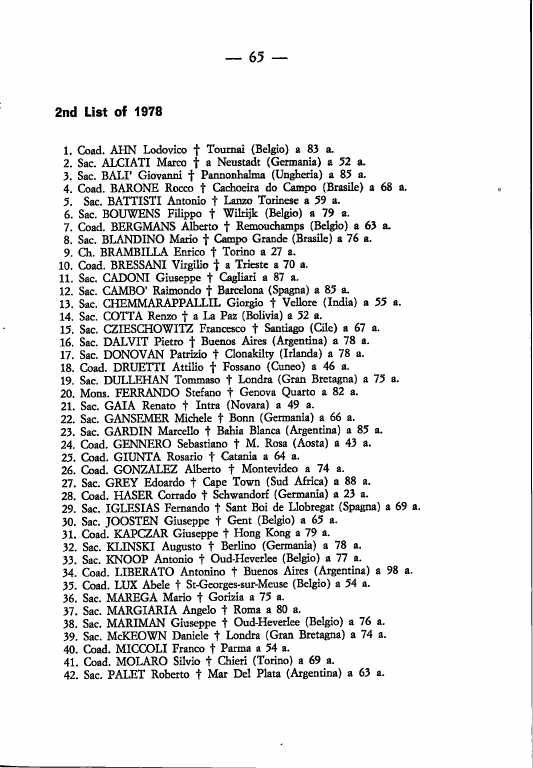
 |
7.6 Page 66 |
▲back to top |
